
Histamines and Fermented Foods
Histamine Intolerance
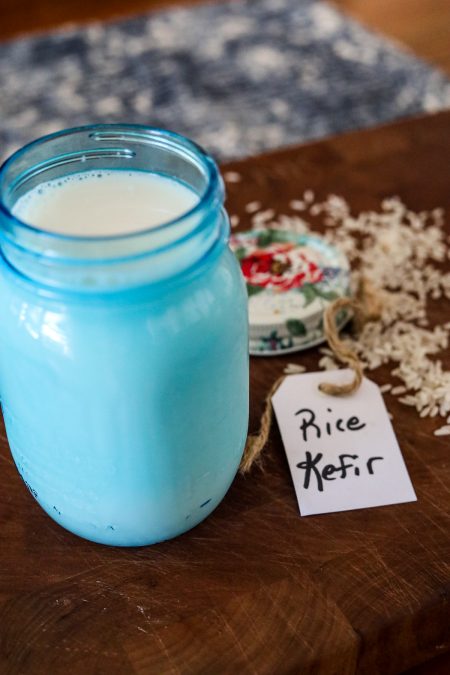 How to deal with histamine flare-ups is a common question I get, especially since fermented foods can either help or worsen symptoms. These flare-ups occur when there is a buildup of histamine in the body. One of the most common displays of too much histamine in the body occurs during allergy season when your eyes are watery and itchy, your nose gets stuffy, and your doctor loads you up with antihistamine products such as Benadryl, Allegra, or other such drugs to alleviate the symptoms. Histamine causes your blood vessels to dilate so that your white blood cells can quickly find and attack the infection or problem. Because it travels throughout your bloodstream, a histamine response can affect your gut, lungs, skin, brain, and entire cardiovascular system. More and more people are having these types of histamine reactions to food when they never had them before, and it can be a scary thing.
How to deal with histamine flare-ups is a common question I get, especially since fermented foods can either help or worsen symptoms. These flare-ups occur when there is a buildup of histamine in the body. One of the most common displays of too much histamine in the body occurs during allergy season when your eyes are watery and itchy, your nose gets stuffy, and your doctor loads you up with antihistamine products such as Benadryl, Allegra, or other such drugs to alleviate the symptoms. Histamine causes your blood vessels to dilate so that your white blood cells can quickly find and attack the infection or problem. Because it travels throughout your bloodstream, a histamine response can affect your gut, lungs, skin, brain, and entire cardiovascular system. More and more people are having these types of histamine reactions to food when they never had them before, and it can be a scary thing.
Symptoms of histamine intolerance include:
Headaches/migraines, anxiety, nausea, vomiting, abdominal cramps (especially after eating), flushing, hives, fatigue, nasal congestion, runny nose, hives, and dizziness. It gets really confusing when you have these kinds of responses and are told to stay away from high-histamine foods, including fermented foods.
So, what is causing all these problems and allergic responses to foods?
Research shows that people with histamine intolerance have different gut bacteria compared to people who do not have histamine problems. It seems they have much higher bifidobacteria than histamine-intolerant people. They also have less variety of species in their gut.
This imbalance in gut bacteria and a weakened gut lining barrier might be key factors in histamine intolerance-related health issues.
Many of your gut bacteria break down histamine. If you get an imbalance in your gut due to antibiotics, stress, or a diet high in processed foods, the good bacteria strains lessen and you'll have more of the pathogenic bacteria which may lead to impaired histamine degradation and increased histamine load. But here's the catch - certain probiotic strains are histamine-producing, while other strains are histamine-degrading which should improve your symptoms. If you have too much of the histamine-producing kind and not enough of the other, then you're in trouble.
Histamines are produced inside your body, but there are also a variety of foods that naturally contain histamines. If your gut bacteria are out of whack, then these foods can cause the release of histamine, or block the enzyme that breaks down histamine. Your body also produces histamines, too. It's not the foods that are creating the problem. The problem is your body's inability to break them down.
Examples of foods that contain high amounts of histamine:
Removing offending foods is recommended if you find you're reacting to them, but everyone is different. You will have to work to see which ones you react to, all the while building up your good gut flora. These are some of the foods that can cause you to react. Even fermented foods can cause a reaction.
- Fermented foods, such as sauerkraut
- Aged meats
- Cheese, yogurt, cottage cheese, and kefir
- Vinegar
- Alcohol
- Fish
- Eggplant
- Tomatoes
- Spinach
- Strawberries
- Citrus fruits
But wait, I need the probiotic foods to heal my gut, remove the pathogenic bacteria, and restore the good bacteria. What if the foods make me flare up? I'm going to get to that. But first, I want to talk about the enzyme in your body that breaks down histamines and keeps you in balance.
Diamine oxidase (DAO)
Food allergies can also cause histamine to flare up if you don't have enough of the enzyme diamine oxidase (DAO). Without adequate DAO, histamine builds up and causes problems where it shouldn’t. You can take a supplement of DAO that has helped many, but this isn't the only thing that can cause too much histamine to build up and cause problems.
SIBO, IBS, and the Histamine Connection
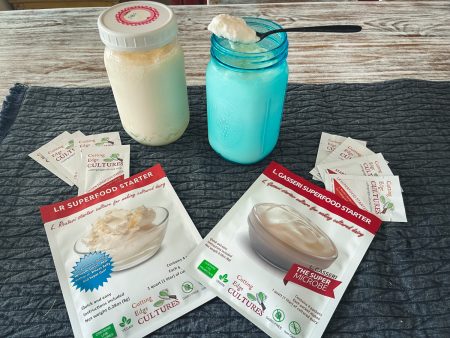
We have seen great success with some new cultured yogurts that have unique strains of L. reuteri and L. gasseri that are really helping many people overcome SIBO. These unique strains colonize the upper gastro area and produce bacteriocins. These are natural antibiotics that are produced by strains of certain species of microorganisms that kill bacteria that should not be living in the upper gastrointestinal area. L. reuteri lives there naturally and will help to bring balance. Check out more info. SIBO Yogurt
Dr. Amy Myers MD found herself and her patients with histamine reactions and she discovered she had SIBO. By overcoming SIBO, she was able to resolve her histamine issues as well as histamine issues in her patients. [1]
Following a Low FODMAP diet like the one I describe below (adding certain strains of probiotics that are low in histamine response, taking DAO enzymes, and consuming supplements that support your body) can help you on the road to recovery. Everyone is different, and this is going to be a chance for you to get well acquainted with your body to find out what it needs. And then you will be able to lead the life you were always meant to lead - a life filled with wellness.
Mast cell activation syndrome
Mast cell activation syndrome (MCAS) occurs when the mast cells in your body release too much histamine as part of the immune response. This means that if there’s existing inflammation in the body, any extra histamine (whether it be in a high histamine food, a local allergen, or bad bacteria in the gut) is likely to cause a histamine response. There is still a lot of confusion about this, but a study that appeared in the peer-reviewed Biological and Pharmaceutical Bulletin of Japan showed that rice kefir (in test tube studies with mast cells) was able to inhibit mast cells from releasing inflammatory cytokines that may be problematic for those dealing with histamine intolerance or mast cell disorders.[2] This might be a good choice for those who still want to consume kefir but are worried about a histamine response.
Finding Answers and Healing
There is no one-size-fits-all cure for healing your gut and neutralizing histamine problems. Some people do fine on smaller amounts of cultured foods while others need extra help with certain foods and supplements and need to reduce or eliminate all offending foods until their histamine issues resolve. Fixing the gut and lowering stress is at the crux of the problem. Your body is crying out for help and that's why these symptoms are warning signs, they're not the enemy. Do you have more bad bacteria than good bacteria creating an imbalance and not allowing your body to break down histamines naturally? Do you have SIBO or IBS which can create a histamine load that overwhelms your body? Are you missing key vitamins and minerals and need more of the right kinds of enzymes that help support and break down histamines? These are the questions only you can answer along with your health care provider. Below are some things to consider that hopefully will help you on your road to recovery. Don't be discouraged. This is just a journey to wellness and you'll learn so much. Remember, as the wise and insightful poet once said;
"What you seek is seeking you." Rumi
Help For Histamine Intolerance
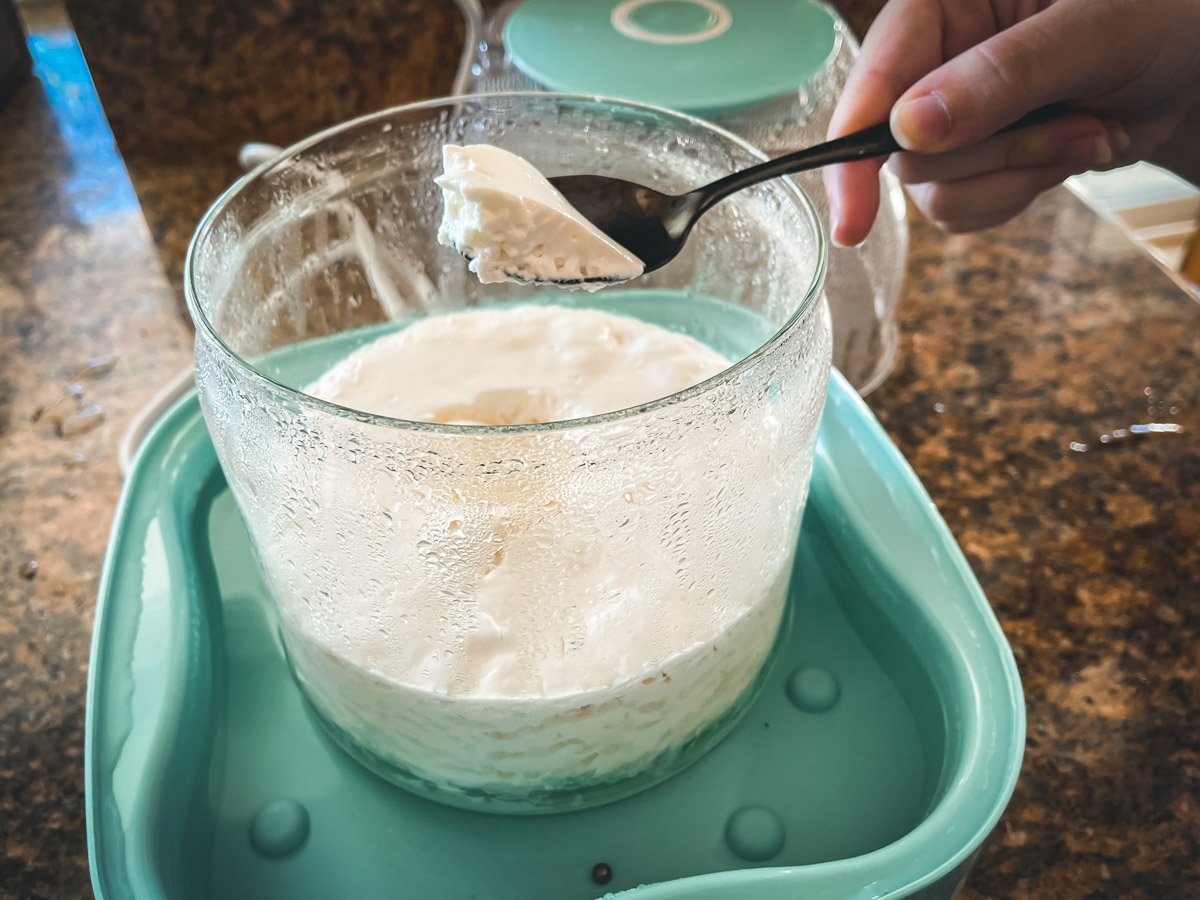
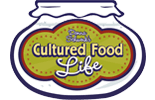
Overcome SIBO and Histamine Intolerance
If you're struggling with SIBO causing a histamine intolerance, then following a low FODMAP diet may be key in helping yourself heal from histamine intolerance. We have seen L. reuteri and L. gasseri yogurt help to heal SIBO in many, many people. It has been so successful, and we have a SIBO yogurt recipe that can help to deal with SIBO quite amazingly. Remove the foods that feed SIBO (including sugar, alcohol, and other carbohydrates), then try adding SIBO yogurt and see if it can help you too.
Check out my article on the amounts and types of cultured foods to help your gut heal.
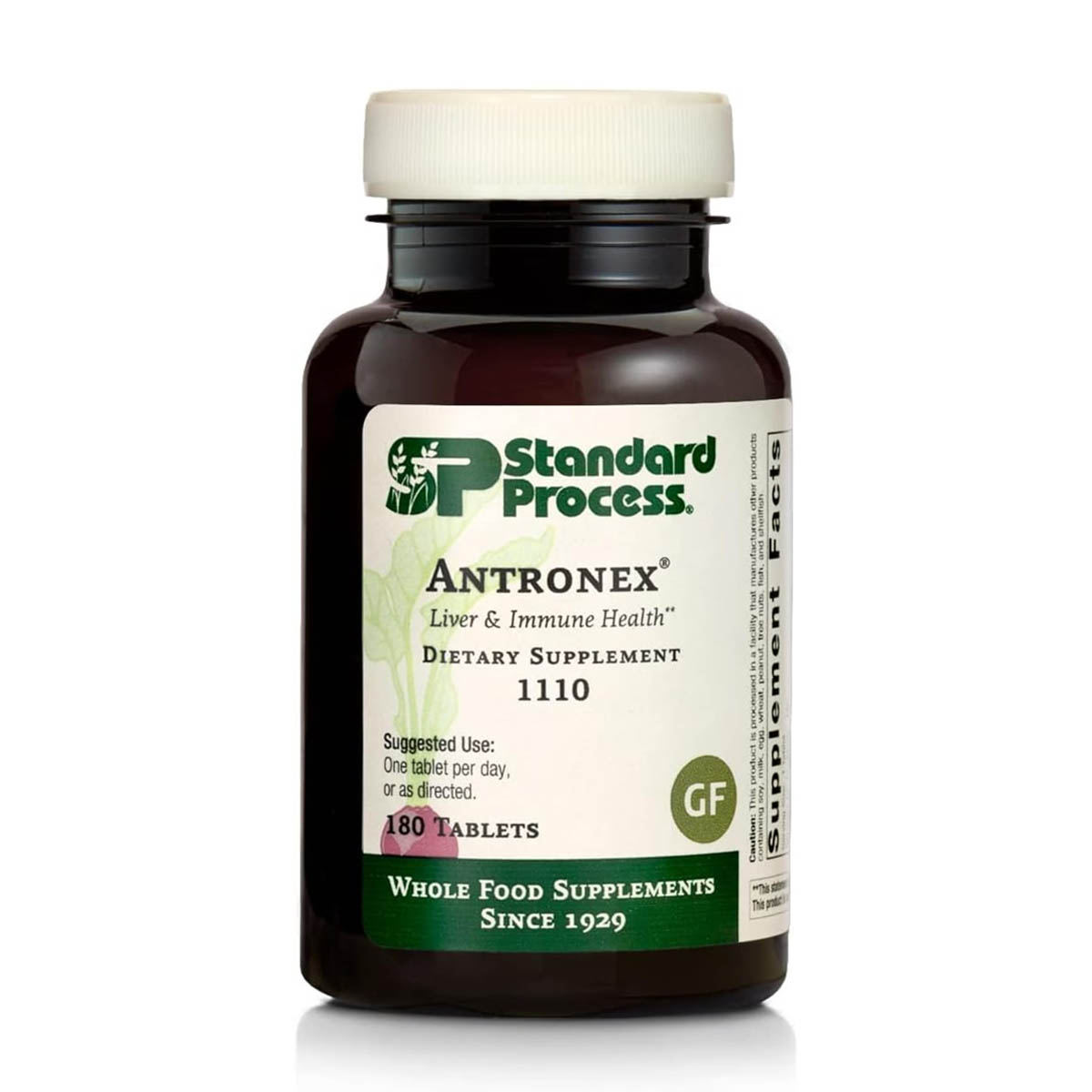

One supplement company that I have used for decades is Standard Process. I have used many of their supplements and swear by them. One that is especially good for histamines is Antronex - Whole Food Immune System Support and Liver Health Supplement.
Antronex acts as a natural antihistamine for filtering through the liver. Since the liver filters one-third of the total body blood flow every minute, Antronex enhances the liver's filtering abilities. This is crucial for histamines since they are released by every tissue in the body when they become inflamed. Maintaining your body's defense systems is very important when you have a histamine response. [3]
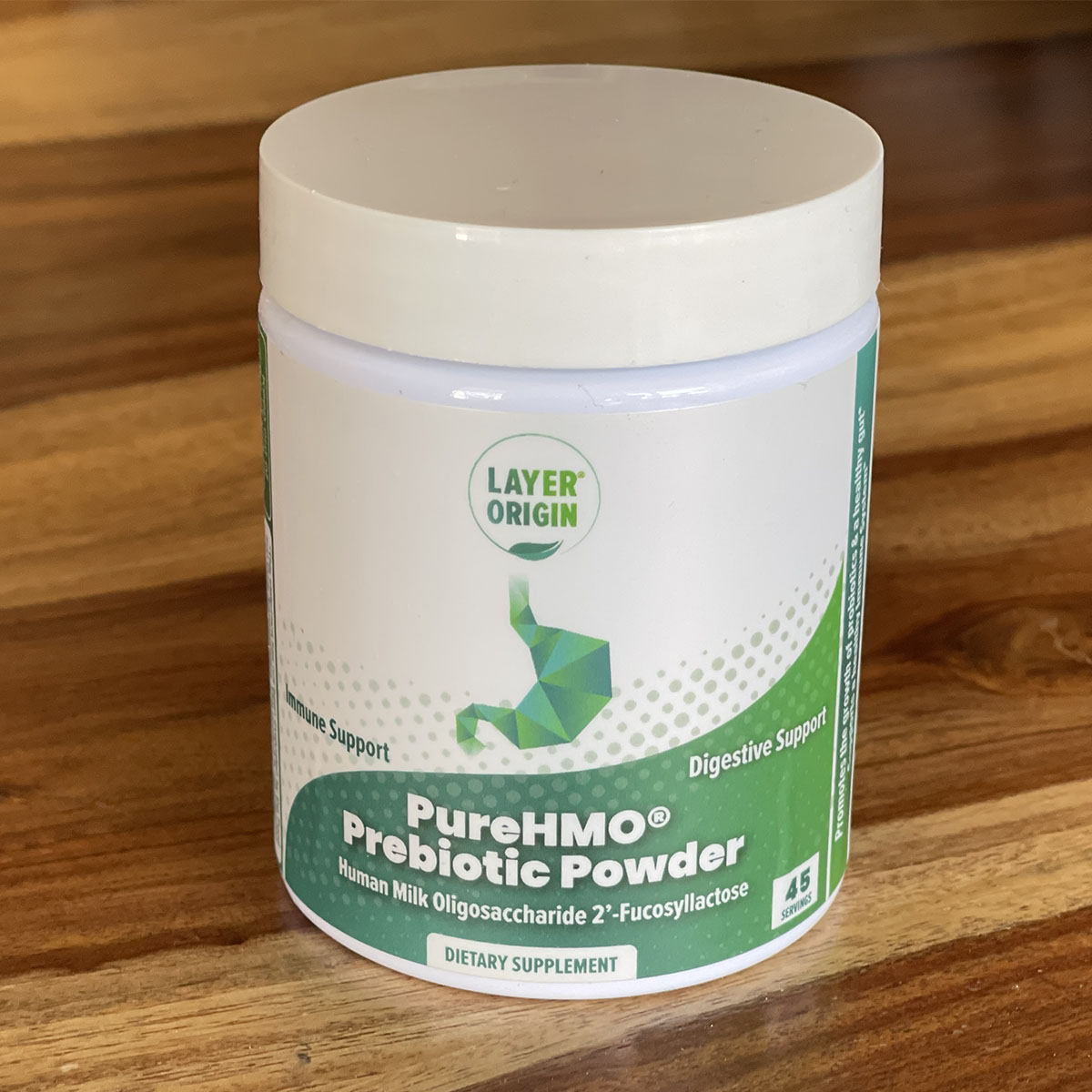

The prebiotic that downgrades histamines
Lactobacillus and Bifidobacterium are some of the best probiotic species for your body. Lactobacillus is quite a powerful species on its own, but some people can be sensitive to it. Lactobacillus species of bacteria contain biogenic amines like tryptamine, tyramine, and phenylethylamine which sensitive individuals can have a reaction to when they're struggling with histamine flareups. Bifidobacteria is the gentler of the two species, and if you can't handle fermented foods and if they give you flare-ups, try taking an HMO prebiotic supplement that helps to build Bifidobacteria in your gut. This would help your body to heal. Having lots of Bifidobacterium actually interferes with the histamine pathway and reduces levels of histamine while helping to restore your gut flora.[4]
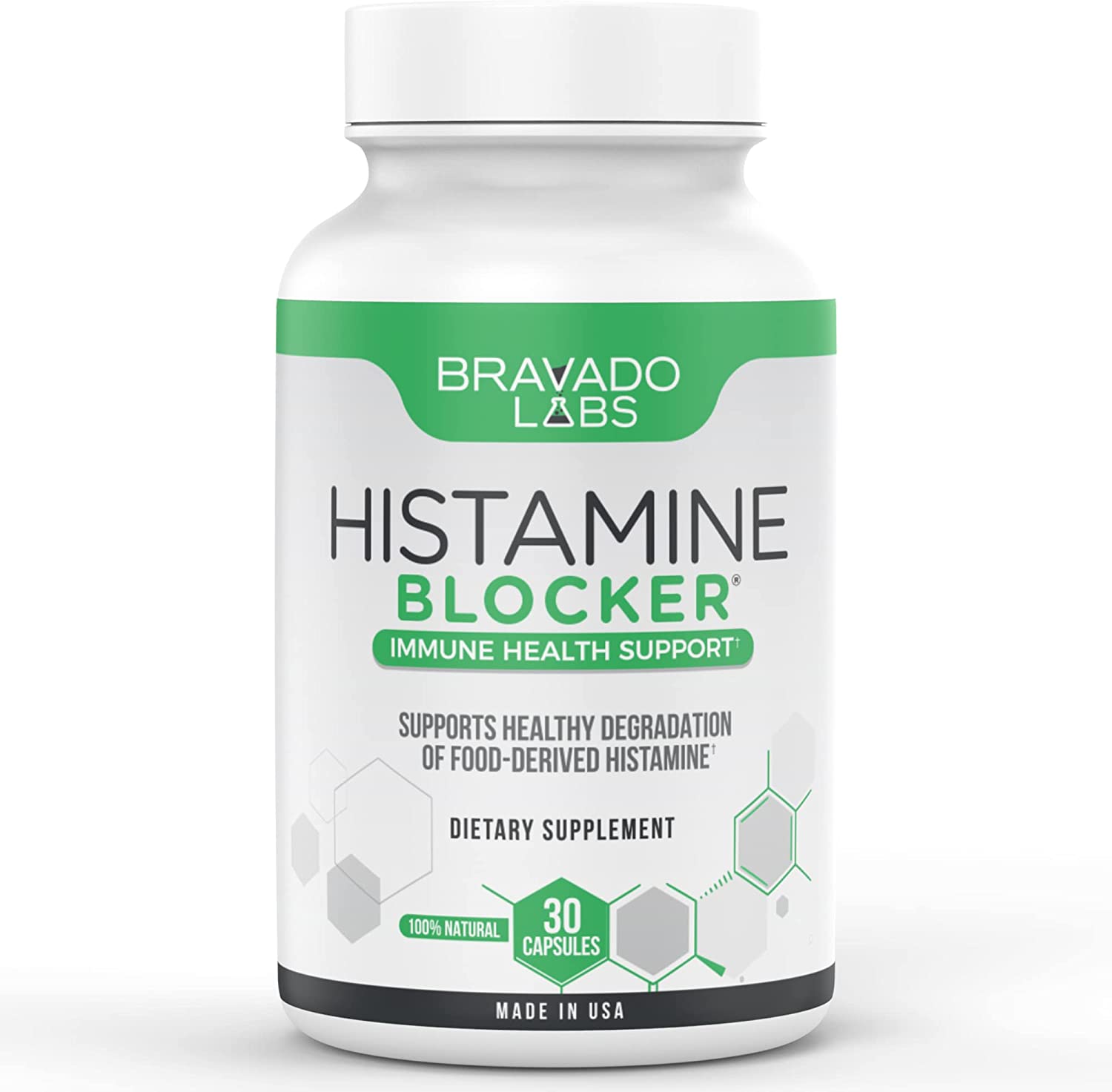

The enzyme you need to break down histamines - DAO
You need the enzyme DAO to break down histamines. Histamine Blocker can help by increasing your levels of DAO, which in turn helps your body to break down histamines when you don't naturally have enough of this enzyme.
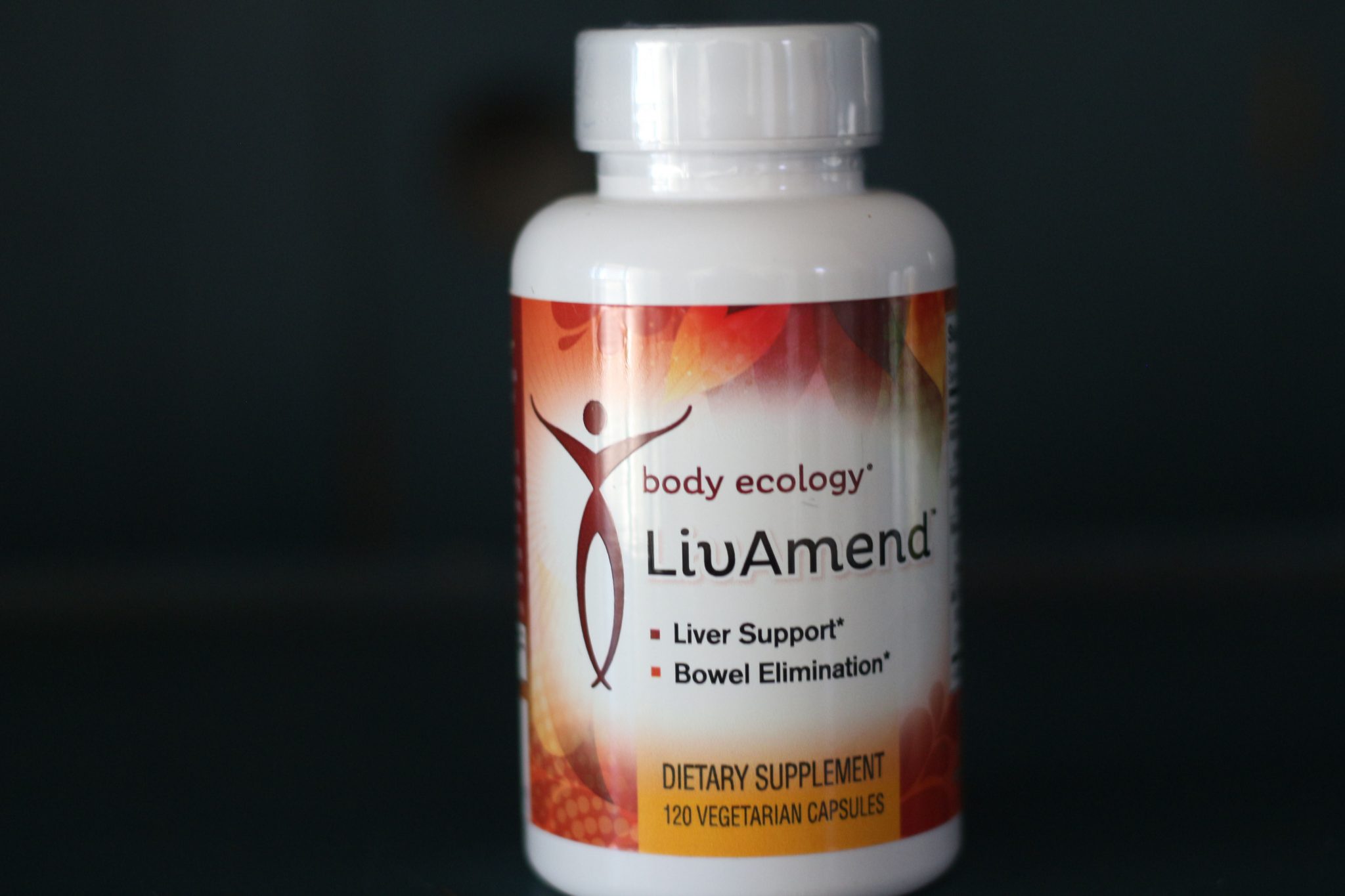

Supporting your liver
We produce another histamine-degrading enzyme called HNMT, or histamine N-methyltransferase. These specialized enzymes reside within the liver where they focus solely on histamines and prevent them from entering the bloodstream. A healthy liver is crucial for histamine intolerance. This is another supplement that helps to support the liver.


Reducing stress
When you're under a lot of stress, you release Corticotropin-releasing hormone (CRH). CRH stimulates mast cells to release histamine; however, CRH also releases cortisol, which inhibits histamine secretion. If you have chronic longterm stress you become resistant to stress hormones, and cortisol loses its ability to inhibit histamines. Controlling stress is crucial not only for controlling histamines but also for helping your immune system come back into balance. Check out my article on the 10 natural miracles I've found to control stress.
Listen To My Podcast
This is a new, updated version of my Histamines and Fermented Foods podcast. We have seen and learned a lot about what causes these problems and what you can do to help your body heal. Tune in to learn more.
Listen To My Podcast
Did you know many of your gut bacteria break down histamine? But here's the catch - certain probiotic strains are histamine-producing, while other strains are histamine-degrading which should improve your symptoms. If you have too much of the histamine-producing kind and not enough of the other, then you're in trouble. Listen to learn more.
Are you on the list?
Sign up today and I'll send you my free Getting Started Guide!
Each week I'll send you updates, tips, recipes, and more! You might even be a winner of my weekly giveaway! (starter cultures, memberships, and more!)
Come be a part of my cultured food family!


